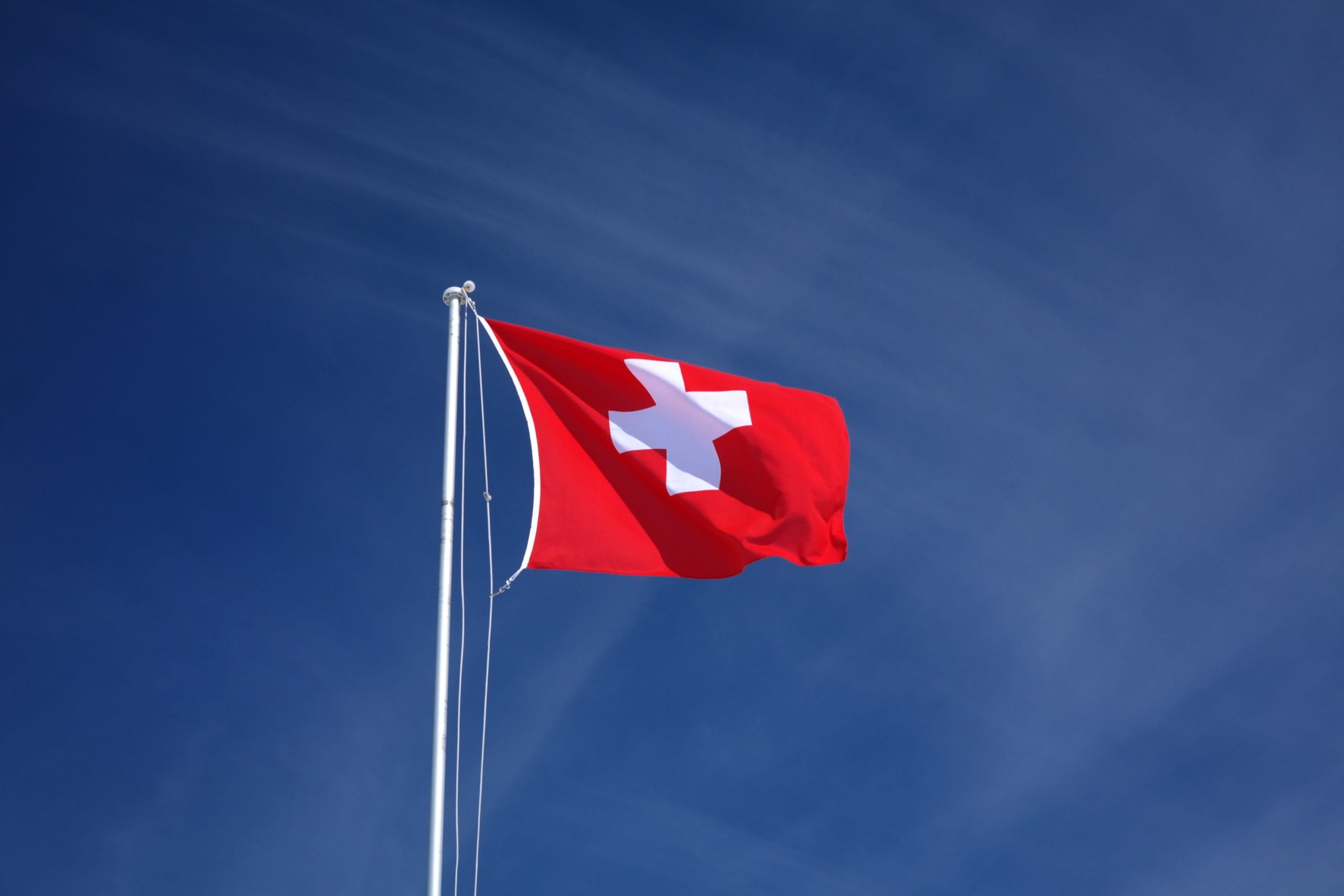
A rift in relations between the EU and Switzerland is probable should talks over Switzerland’s place in the former’s internal market fail to bring resolution, European Commission Vice President Maros Sefcovic told Der Spiegel.
Earlier in March 2021, the Swiss government jettisoned a draft for a treaty which would put the country’s laws in closer alignment with the EU’s.
That treaty, initially proposed in 2018, was an attempt by Brussels to streamline a multitude of bilateral accords (more than 100, stretching back to 1972), with a requirement of the Swiss to keep in line with single market rules and future changes to them.
Described by the EU as “dynamic,” the arrangement would level the playing field, provide a mechanism to settle disputes, and make possible regular contributions to EU funds for poorer EU members.
The European bloc remains the Swiss’ biggest trading partner, but a ceding of more of their sovereignty proved undesirable to the country.
At stake is nothing less than both partners’ continued cooperation and Switzerland’s (effective, if not de jure) membership in the EU common market. “Should new negotiations not lead to success, the bilateral agreements that were still in force would gradually expire and make our relationship obsolete at some point,” the Vice President said on Tuesday.
He went on to say that they “urgently need to know from Switzerland whether it seriously wants to negotiate with us,” so that “it is clear that the discussion will not last 20 or 30 years.”
Originally, Sefcovic would be present at the World Economic Forum (WEF) in Davos in mid-January to arrive at a solution there. However, the event was postponed due to worries over COVID-19.
In an interview with Le Temps on Tuesday, French ambassador to Switzerland Frédéric Journès said that the dossier has to be moved along regardless.
Demanding that the Federal Council, a body which constitutes the federal government of Switzerland, act, he said that “we don’t want different market rules to lead to unfair competition,” and that “ Swiss companies must realize that the days of economic naiveté in the EU are over.”
Switzerland’s missing out on the EU’s economic stimulus plan was another pro-alignment argument. “Switzerland will not be able to jump on this train if it continues to be pulled by the old bilateral locomotive from 1999,” the Ambassador said. “Anyone who believes in the old bilateral recipes forbids themselves to think about the future.”
Journès went on to emphasize that Sefcovic is waiting for the Federal Council’s proposals on these key issues. “It’s time to get down to business. If we don’t deal with the subject soon, the situation will get worse. We want to continue to achieve great things together, but we shouldn’t wait too long,” he said. “The faster Switzerland speaks, the better it will be heard by its most important partner, the European Union.”
As France, which shares a border with Switzerland, is gearing up to take on the mantle of the EU Council Presidency in early 2022, it is expected the country’s influence on future negotiations will not be slight.
